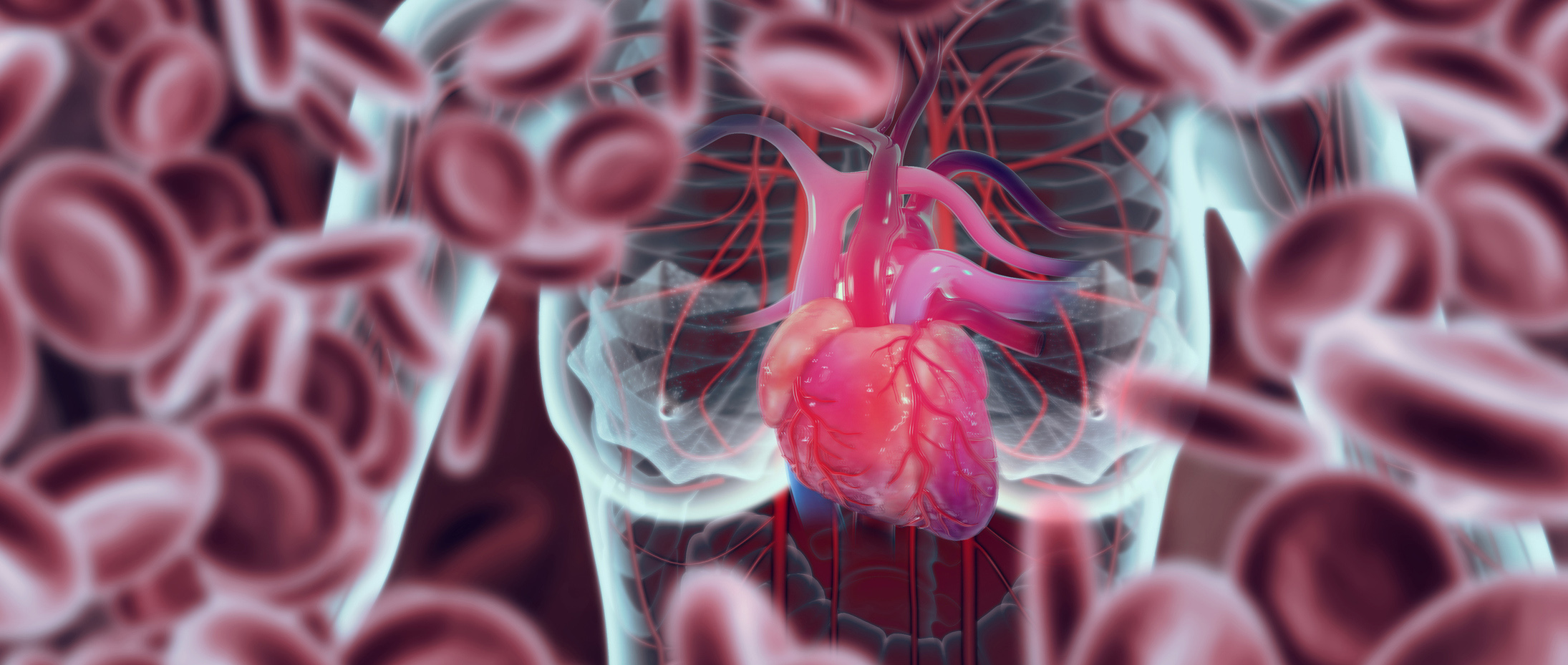Parkinson’s is one of the most common neurodegenerative diseases and continues to pose major challenges for neurology. It has long been clear that age is the decisive risk factor – but the mechanisms of how biological ageing and neuronal degeneration interact have so far been incompletely understood. In recent years, a cellular process has increasingly become the focus of research: senescence. It describes a state of irreversible cell cycle arrest, accompanied by profound metabolic changes and a pro-inflammatory secretion profile.
Autoren
- Tanja Schliebe
Publikation
- InFo NEUROLOGIE & PSYCHIATRIE
Related Topics
You May Also Like
- Subsyndromal anxiety disorders: Family doctor as first point of contact
Practical recommendations for diagnostics and therapy
- Patient-centered rounds in medicine
Aligning care with the patient
- Restless legs syndrome in children
Relationship between restless legs syndrome and growing pains
- Between hope and evidence gaps
Tinnitus and phytotherapy
- Case Report
17-year-old patient with acne fulminans
- Oncology
Study updates from the ESMO Congress
- High-dose influenza vaccine
Lower hospitalization rates – even with heart failure
- From statins to metformin











